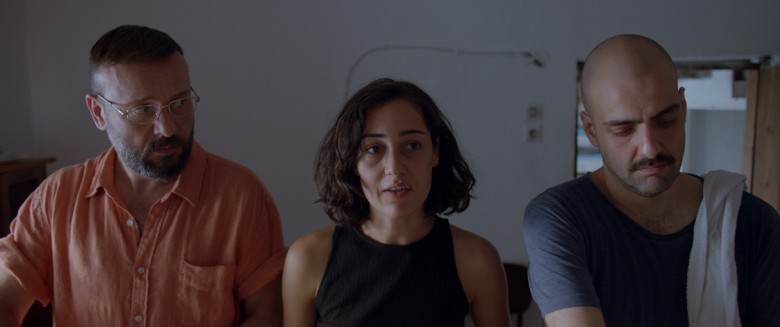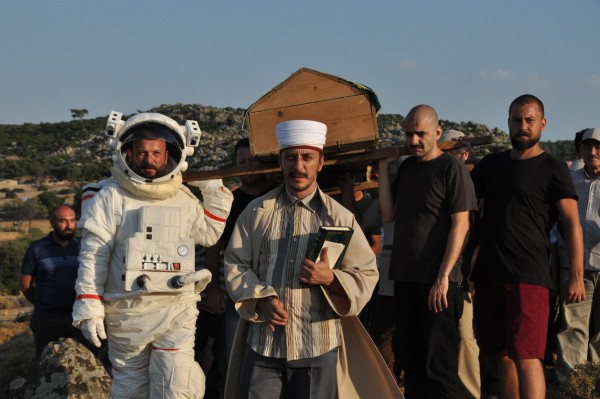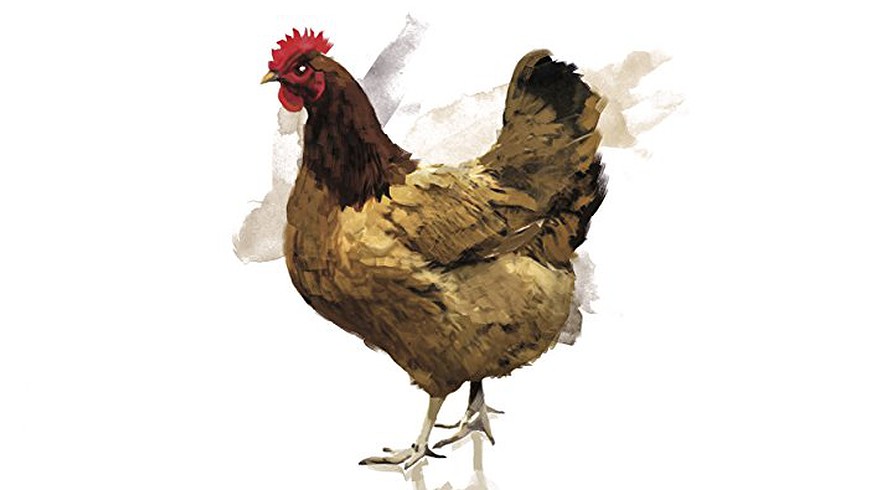Butterflies (Kelebekler)
Alara Drahşan
In Turkish cinema, there is a generic practice for films that set in the rural towns and based on people’s stories of revisit, migration or travel from urban to rural area. Some films choose to deal with the cultural conflict; between the ones in the rural and the ones in the urban. These films end up in presenting the cultural disagreements and one’s adaptation to another habitat and customs. There is always one element which is so common in each film and that is the human factor. “Who we are? Where are we coming from and where are we going to? Where do we belong?” These ones are only some skin-deep questions that these generic films explicate. Butterflies (2018) by Tolga Karaçelik is not so different from them. Here the characters have already acknowledged where they are coming from. However, their inner and outer conflict regarding the past, that our heroes need to overcome, puts them in a very delicate situation where they had to start to a journey. A journey to the past, to the roots.
This year, Butterflies (2018) by Tolga Karaçelik has won “World Cinema Dramatic Grand Jury Prize” in Sundance Film Festival; which is the first film to ever achieve such prize from Turkey. It has given the “The Special Prize” in memory of Onat Kutlar in 37th International Istanbul Film Festival; after the name of the person who had founded Turkish Sinematek Association.
Turkish Cinema is familiar with the characters travelling from village to the city; from city to the village. Some Turkish directors such as Nuri Bilge Ceylan, Derviş Zaim, Çağan Irmak have constructed their stories over one’s dilemma between places and his/her confrontation with the time being. These directors have built some of their stories on the characters retuning back from cities to discover their roots or other characters moving to a city and eventually find themselves conflicting by the city’s expectations.
From this point of view, the cinema audience is not unfamiliar with the dramatic elements that Butterflies features. The film presents a story of reunification of people with places. Meaning; the characters in Butterflies who were born in a village but later moved away to bigger cities compelled to return to their village. However, the film does not differentiate any habitants of the village from the main characters because in a sense they already belong there. Therefore, the storyline gets free of the cultural dilemma at the very beginning and such manoeuvre emphasizes a much greater matter on the issue of back-home thematic.

Siblings (Cemal, Kenan, Suzan) who have drifted apart after their mother’s death ad grow separately. The biggest brother Cemal (Tolga Tekin; also won best actor – ex aequo in 37th International Istanbul Film Festival) gets a phone call from his father with whom they have not talked for years. The father asks Cemal to take his younger brother and sister to Hasanlar (the village). Thereby the siblings meet in Istanbul to travel together to their home village. Because of drifting apart, taking different paths and of neglect by their father; the siblings find it hard to unify. However, at the same time, they cannot help but wonder what the reason of the call is. Therefore, they start out a road trip to the village.
Butterflies is a journey film; yet it does not construct all of its story upon the road. The film features the arrival to the village as well.
This journey is actually both a self-encounter and siblings encounter as well as the encounter between the past and the present. Yet, the film at the end, makes fun of the solemnity of the people towards their actions and words. Each sibling deals with the past in his own way; yet they cannot help themselves but to contact with the present together. The film is not about settlement but about freeing from what is settled. That is because the siblings’ return to the village also triggers the repressed memories about their childhood. Each sibling had lived with their own trauma; concerning the suicide of their mother and their father’s disown. By returning to the village, they first need to be in the solitude, away from one and other for introspection and inspection of oneself and what is left of themselves. For Deleuze, the only way to get in contact with this impersonal, indirect discourse is, paradoxically enough, to experience fully one’s own solitude. (Marks, Gilles Deleuze: Vitalism and Multiplicity, p.25) The solitude in the village functions as collecting memories and filling the gaps and making new ones regarding the past. Here, one particularly needs himself / herself for the resolution of an inner conflict, associated with the incomplete memories against the lacking “completed” environment such as the childhood home. The house is “completed” because the father, who used to represent the incomplete memories, unfinished businesses and so forth, does no longer exist. Therefore, the siblings need each other to supplement what is missing. As Deleuze claims, if truth is complex, it can be approached indirectly. The concept of free indirect discourse is an extremely important component of Deleuze’s work on cinema. (Marks, Gilles Deleuze: Vitalism and Multiplicity, p.25)
Butterflies can be understood as a drama film because of its struggle with life and death; neglect and unification; however, the film is at the same time a black comedy. This is how Tolga Karaçelik, breaks away from the conventional village drama film. In this film, the chickens explode! The film which circles itself between the siblings and the father; surrounds itself with cleverly imagined main and side characters and comedy elements. Even the side characters such as Muhtar (village headman) and Imam that feature in many village films as stock characters; in Butterflies, they step out of line and become characters.

There are likely no over-acting or realistic characters in Butterflies; which makes the characters easy to be identified with the audience. To give an example, the İmam (Hakan Karsak, also acted in Karaçelik’s previous film Ivy (2015)) talks like an atheist, provokes the locals and winks at the audience. To move beyond in featuring generic stock characters, extra characteristics have been added to these conventional profiles. If there is a village film in Turkey; we would know that there is always a headman and a man related to the religion. Let’s say that these characters are systematically ordered with a village film in the package, what can be done in order to break away from the mounted personification? Through the omission of usual capturing, the Imam who is responsible for the funeral questions, the action of funeral and so forth distinguishably dominates the scene in Butterflies. This dramatically changes the film’s sequence and makes it moves into another direction. As such, generally, the stock characters are used to build up the scene not to strike its flow.
Yet, if Karaçelik is very talented in one point, it is in his way of balancing with the dramatic and the comedic elements. The film can get very melancholic in some parts and can make you burst into both tears and laughter within seconds or vice versa. From one perspective the film nourishes the senses fully and it presents them delicately nuanced; but from another perspective it reflects a kind of bipolarization; which can time to time tend to disembody the audience with a harsh change of mood.
At some points, the flow of the events in the film is so surreal that this makes the audience to doubt the seriousness of the film. Yet these real-life situations are portrayed in such authenticity that you cannot help yourself but to accept what the movie offers as authentic. For example, the oldest brother, Cemal, also the one who takes the control in the family, introduces himself as an astronaut. This absurdity is also reminded to the audience in the scenes when Cemal is identified with the audience the most.
All in alone, Tolga Karaçelik’s Butterflies, breaks away from the generic use of village theme in Turkish cinema through its derivative narration of the clash of urban with the rural.
It reminds you that without the confrontation, one cannot live within; thereby it brings the individualism and acceptance of oneself and the other at the centre. By this, Butterflies features the ‘contemporary’ Turkish movie of village.
Notes Marks, J. (1998). Gilles Deleuze: Vitalism and Multiplicity. London: Pluto Press. p.25
previous
article
next
article Twitter Google Plus Facebook
